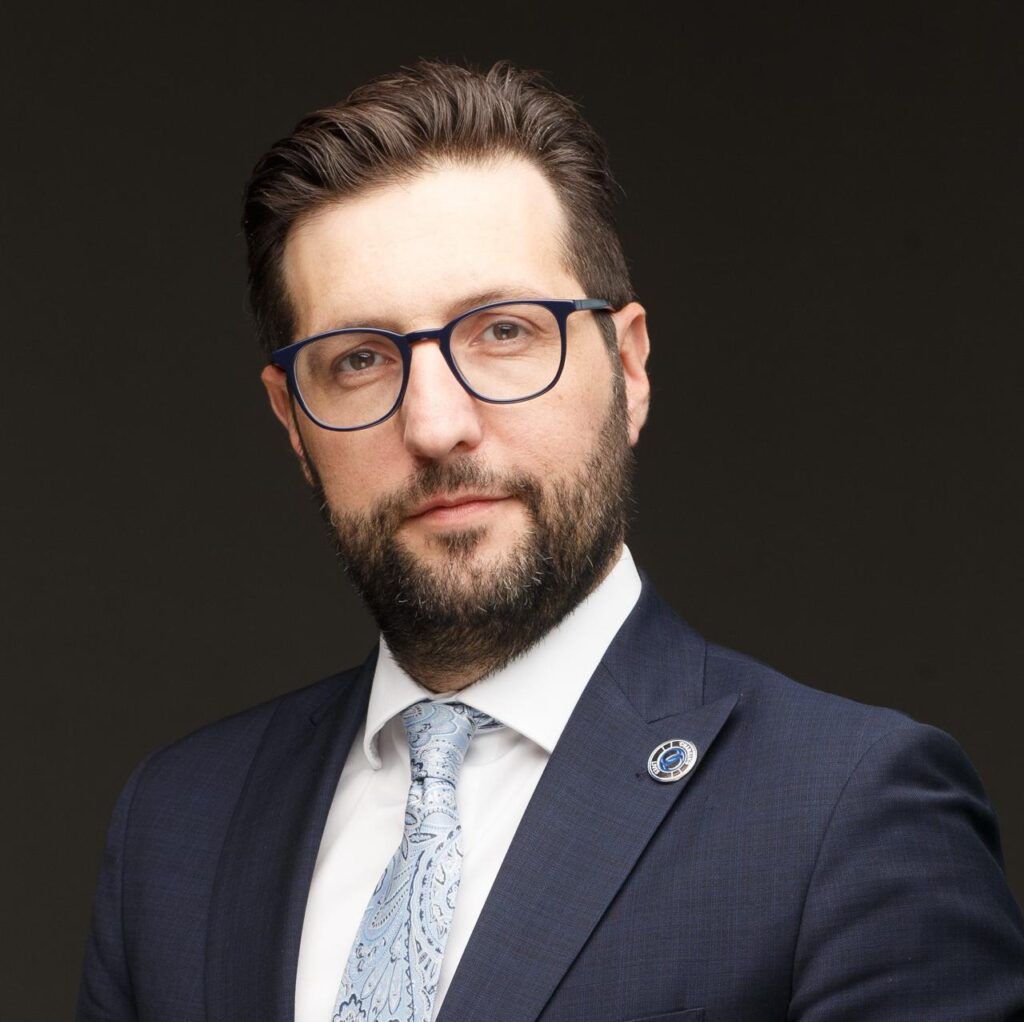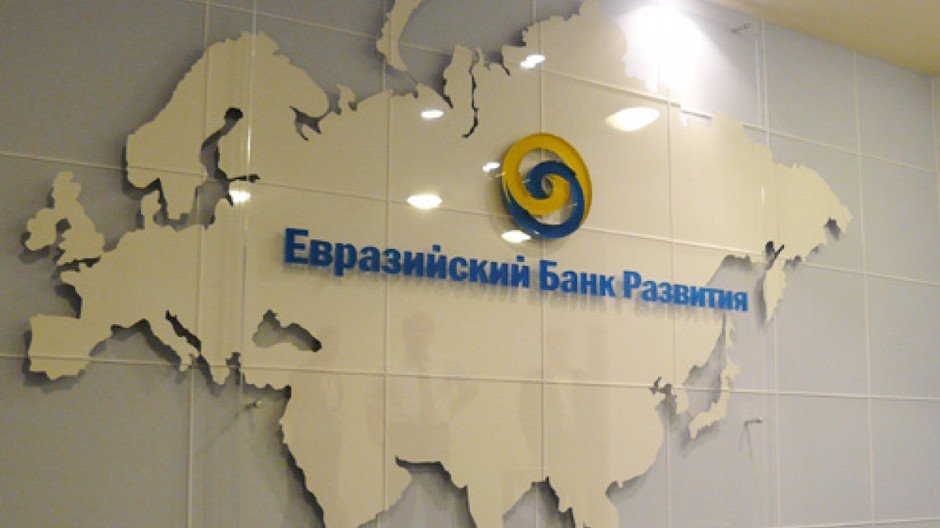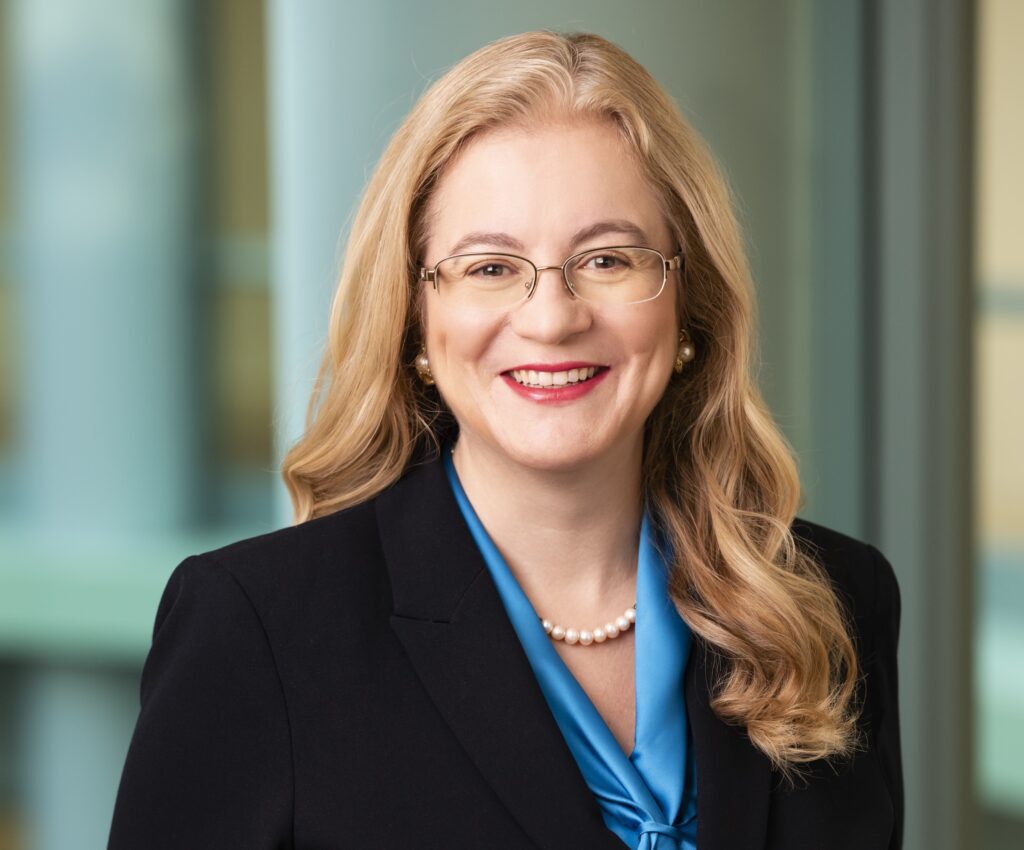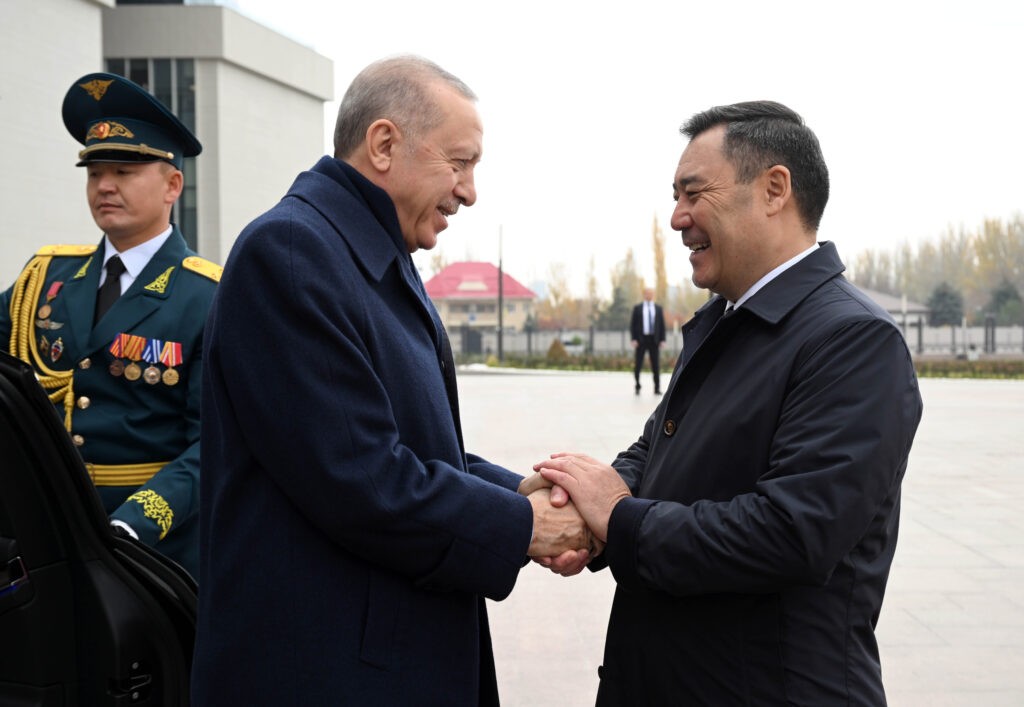EBRD’s Transformative Investments in Kyrgyzstan: An Interview With Hüseyin Özhan, Managing Director for Central Asia
The European Bank for Reconstruction and Development (EBRD), established in 1991, has been working in the Kyrgyz Republic since 1992 and has invested in over 250 projects amounting to over €1 billion. TCA sat down with Hüseyin Özhan to discuss the bank’s operations in Kyrgyzstan. TCA: Could you briefly introduce the EBRD and its main objectives within Kyrgyzstan? Özhan: The European Bank for Reconstruction and Development (EBRD) is owned by 73 shareholders as well as the EU and the EIB and has been operating in Kyrgyzstan for over 30 years. During this time, we have invested in more than 250 projects, surpassing €1 billion in total investments across the country. As an international financial institution, our operations in Kyrgyzstan are guided by a country strategy jointly prepared by the EBRD and local stakeholders and approved by the Bank’s Board of Directors. This year marks a significant milestone, as we have approved a new five-year country strategy outlining our priorities in Kyrgyzstan. We focus on fostering private sector growth and enhancing competition and also invest in infrastructure and sovereign-guaranteed projects. These efforts position the EBRD as one of the most influential international players in Kyrgyzstan. TCA: You mention the bank recently approved its new five-year strategy for Kyrgyzstan; could you share what this plan entails? Özhan: Our country's strategies are built on diagnostics conducted to identify transition gaps. These strategies align with the EBRD’s Strategic and Capital Framework and the Bank’s medium-term strategy and combine elements of the reform agenda and investment needs. The new strategy for Kyrgyzstan focuses on three key priorities: private sector development and competitiveness, the green economic transition with an emphasis on decarbonization and energy efficiency, and improved connectivity across the country. These priorities align closely with Kyrgyzstan’s recent reform agenda and development goals, which aim to enhance competitiveness, attract foreign investment, boost trade, and strengthen the country’s regional relevance. Decarbonization and resource efficiency are particularly critical, as Kyrgyzstan is significantly impacted by regional water scarcity. This makes sustainable water management a central focus, with numerous projects planned to support sustainable development in this sector. Additionally, developing the private sector, particularly local businesses, is vital. The EBRD works closely with the government in this regard, not only by providing funding but also through initiatives like “risk-sharing networks” and advisory programs for small businesses. These efforts help enhance productivity, relevance, and competitiveness, ensuring that Kyrgyzstan’s private sector is well-equipped to thrive in the market. TCA: How does EBRD’s mission differ from other development banks or financial institutions in the region? Özhan: Our institution has a slightly different approach to delivering our work and fostering transition in Kyrgyzstan. Unlike some other international financial institutions (IFIs) that provide budget support, the EBRD operates on a project-by-project basis and channels most of its resources to support good private-sector initiatives. A recent example of project finance is the signing of water projects in three cities in Kyrgyzstan. These sovereign lending agreements, signed with the Ministry of Finance, aim to modernize regional water...






